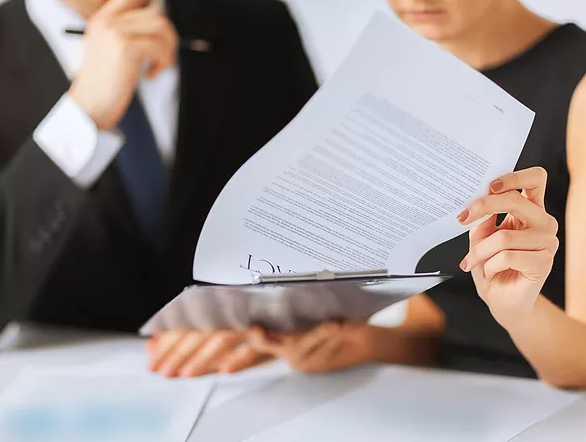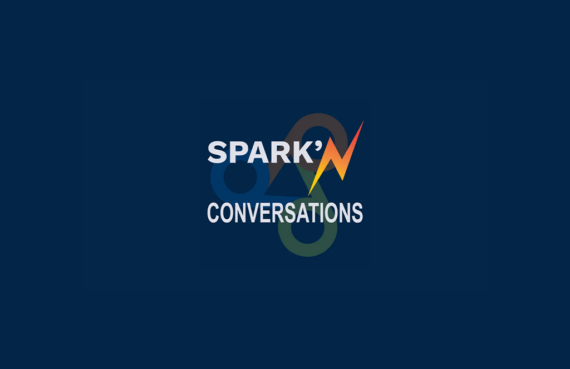Cash and Personal Assets as Equity
Cash from savings is king in equity injections, but other sources can also be used.
Assets that can be readily converted to cash, like stocks and bonds, are acceptable.
A borrower can take out a separate, personal loan for the equity injection as long as “repayment [can be] demonstrated to come from a source other than the cash flow of the business (the salary paid to the owner by the business does not qualify).”
In some cases, buyers draw on their home equity line of credit. However, salary, wages, rental or other income which is not sourced from the acquired business must be sufficient to cover the home equity payments.
Example – The borrower or spouse/partner (if a co-borrower) has income from a job that can cover the interest-only payments on the home equity line. Borrower draws on her home equity line to generate cash for the equity injection.
Investments or Gifts as Equity
The source of the equity injection can be an investment or a gift from family, friends or investors. The key to a gift is that the money gifted must be documented in a gift letter which specifies that the money does not need to be repaid and the funds must be in the borrower’s bank account for 2 bank monthly statements.
If an investor provides the money, that investment must documented properly and may require the investor to disclose personal financial information to the lender.
Example – Borrower’s parent has cash that they are willing to gift or invest in the borrower’s business. The gifted cash isn’t borrowed by the parent and verified by the bank statements.
Seller or Third-Party Debt on Full Standby for Equity
Seller or other third-party debt can be part the equity injection, but “only debt that is on full standby (no payments of principal or interest for the term of the SBA-guaranteed loan)
may be considered as equity for SBA’s purposes.” If the SBA loan has a 10-year maturity, the standby debt maturity must be no less than 10 years and cannot pay any interest or principal for the 10-year period.
The SBA also requires that any standby creditor “subordinate any lien rights in collateral securing the loan to Lender’s rights in the collateral and take no action against Borrower or any collateral securing the Standby Debt without Lender’s consent.”
Example – The SBA loan has a 10-year maturity. Borrower has half of the required equity injection in cash. The seller agrees to hold back a note (seller carryback) which has a 10-year maturity with all interest and principal payable only after the SBA loan has been repaid. If the SBA loan is repaid early, the seller can also be repaid early.




